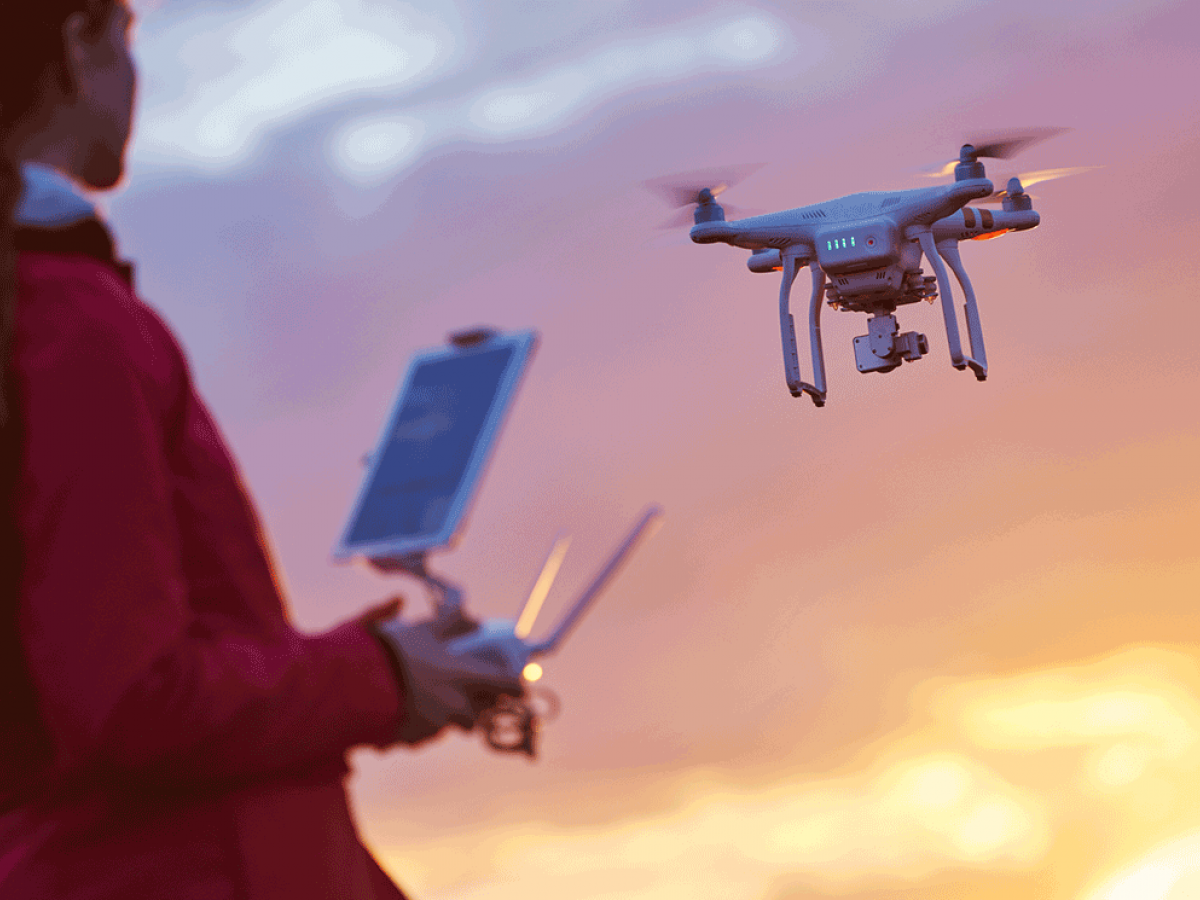Working Remotely on the Farm
How will agriculture keep the world fed in 2020 and beyond? For many farmers, the answer is automatic. The technology keeping farms productive this year is the same technology that has the power to make agriculture more sustainable for decades to come.
Published 11-23-21
Submitted by Bayer

The COVID-19 pandemic has shut down nearly every border worldwide, which means many of the seasonal farmworkers who travel to plant and harvest much of the world’s crops are stuck in place. This is just one obstacle facing our food system this season, but its effects could be mitigated. To overcome this challenge, farmers are relying on one of agriculture’s most trusted resources—human ingenuity.
From planting to harvest, farmers are further investing in tools like automation, digital platforms, and other precision agriculture methods to keep food production moving.
From Planting to Harvest and Beyond
Planting
It all starts with a seed in the ground. Plants used to rely on the wind to scatter their fruit. Or a hungry animal. But, with the advent of agriculture, there were hands willing to do the work. Then Machines.
Automation was a giant leap forward for agriculture, and now it has the potential to keep our vital food systems producing, while reducing the need for close-contact farm work.
Spraying
Brilliant leaps in science and technology have kept agriculture moving forward, even in the face of daunting obstacles. When it comes to sustainability protecting crops and evading food loss, technology is becoming extremely precise.
On the ground and above, precision sprayers protect our food supply while using less water and reducing the use of pesticides.
Monitoring
Sensors in the ground and satellites in orbit monitor soil moisture, plant health, and temperature and humidity variations throughout the growing season.
These tools save farmers hours of walking through fields to gather insights. When we can minimize manual labor, farms can become more productive, efficient, and sustainable.
Harvesting
While automation has been prevalent in cereal harvesting for decades, the technology to pick and pluck delicate fruits and vegetables is still emerging. Although this field is one of the most visionary in the agriculture technology, many see it as the answer to sustainability and labor shortage challenges.
Automation will play an important part in feeding all 7.9 billion of us in 2021.
Learning
All of this agriculture machinery collects data. Together, these technologies act as nerve endings, feeling their way around the farm. But where's the brain? It's in the software
Artificial intelligence and smart learning technology are changing the way we farm.
--
Agricultural innovations make our food system more sustainable. They limit our use of land, water, energy, pesticides, time, and labor. Computation limits the guesswork. Automation limits the inefficiency. And these growing technologies create different types of jobs in agriculture.
Now is the time to invest seriously in solutions that will not only help us survive this crisis, but create a more sustainable food system in the process. If we’re going to meet the demands of a growing global population we need big, new ideas.
When it comes to the next generation of agriculture technology, will 2020 offer a reset, or a total reevaluation?

Bayer
Bayer
Bayer: Science For A Better Life
Bayer is a global enterprise with core competencies in the Life Science fields of health care and agriculture. Its products and services are designed to benefit people and improve their quality of life. At the same time, the Group aims to create value through innovation, growth and high earning power. Bayer is committed to the principles of sustainable development and to its social and ethical responsibilities as a corporate citizen. In fiscal 2015, the Group employed around 117,000 people and had sales of EUR 46.3 billion. Capital expenditures amounted to EUR 2.6 billion, R&D expenses to EUR 4.3billion. These figures include those for the high-tech polymers business, which was floated on the stock market as an independent company named Covestro on October 6, 2015. For more information, go to www.bayer.com.
More from Bayer

